Your Business Partner in Syria

Syrian Company Formation Made Easy

Turning Business Ideas into Reality

Guiding Entrepreneurs to Success
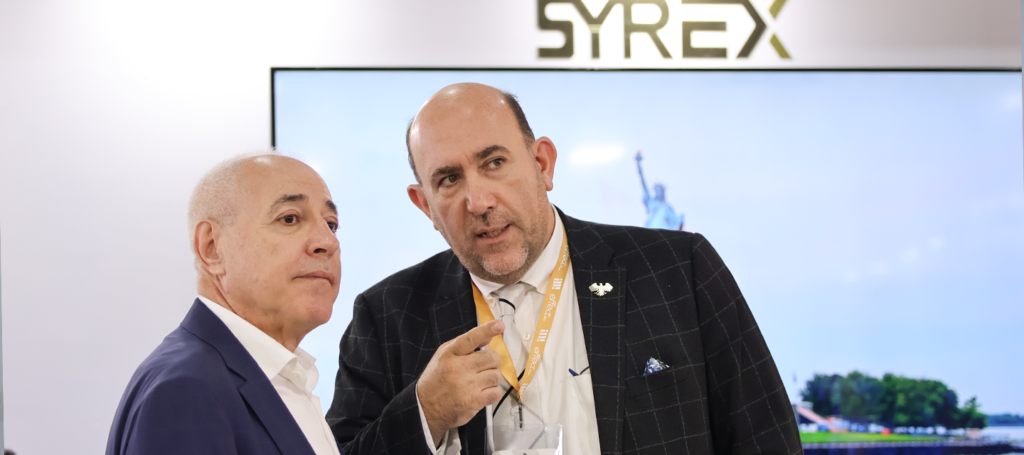
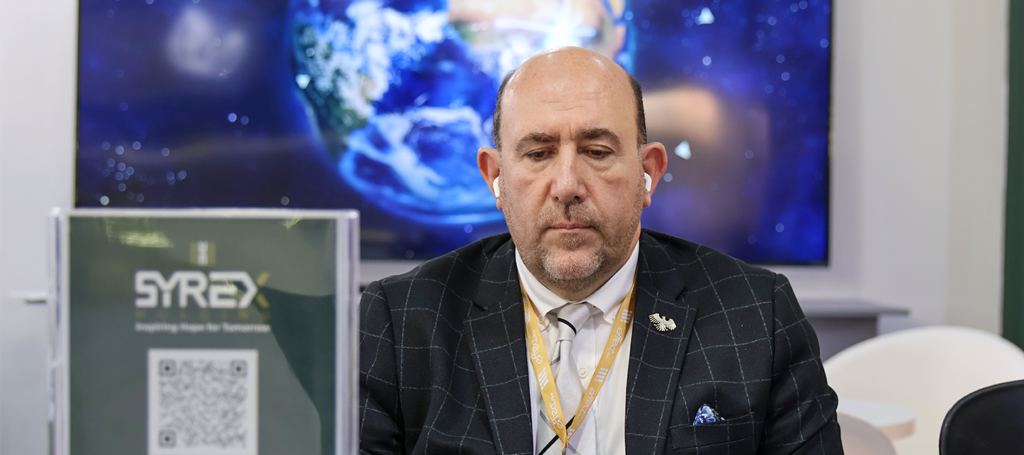
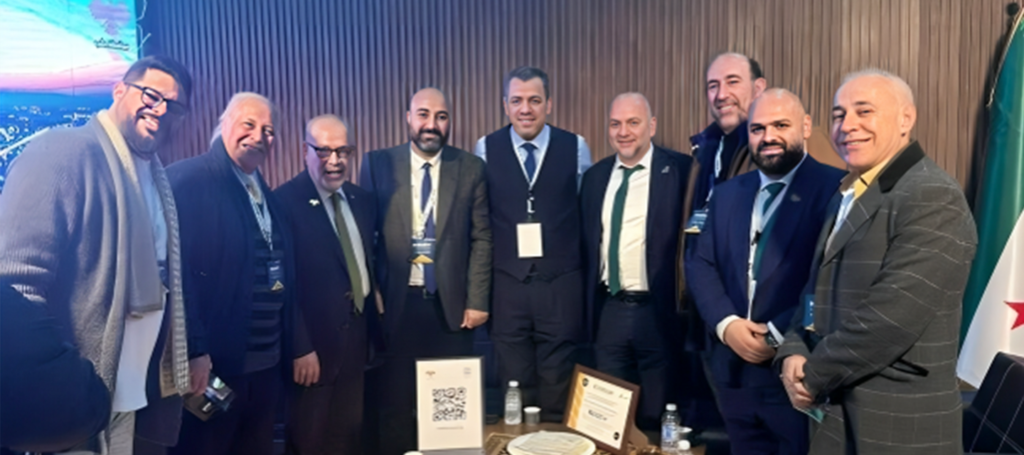
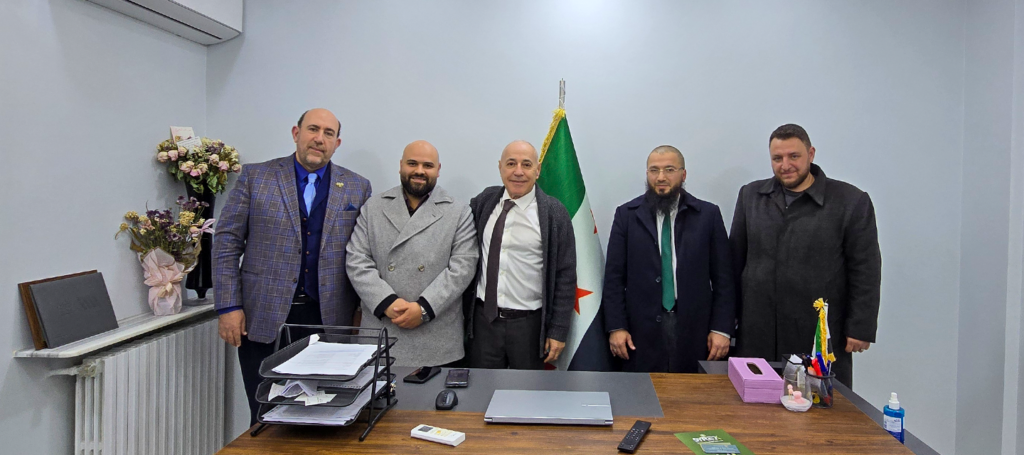
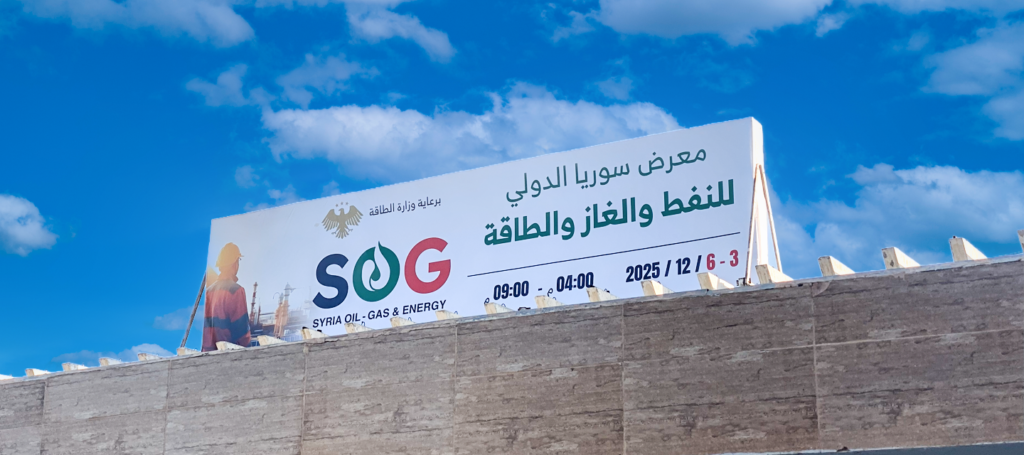
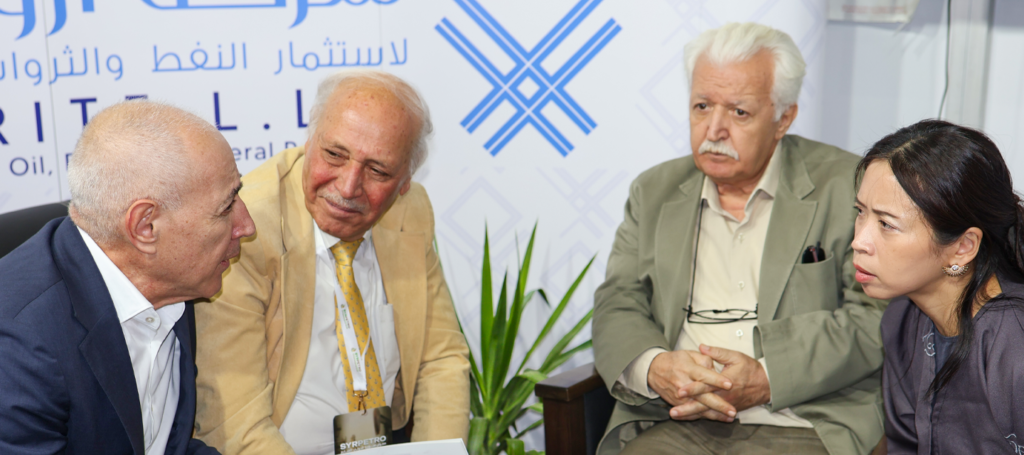
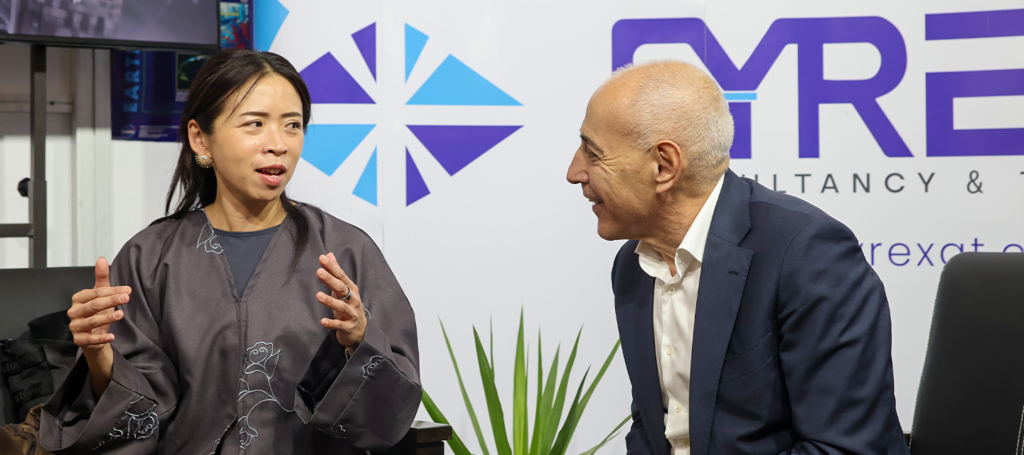
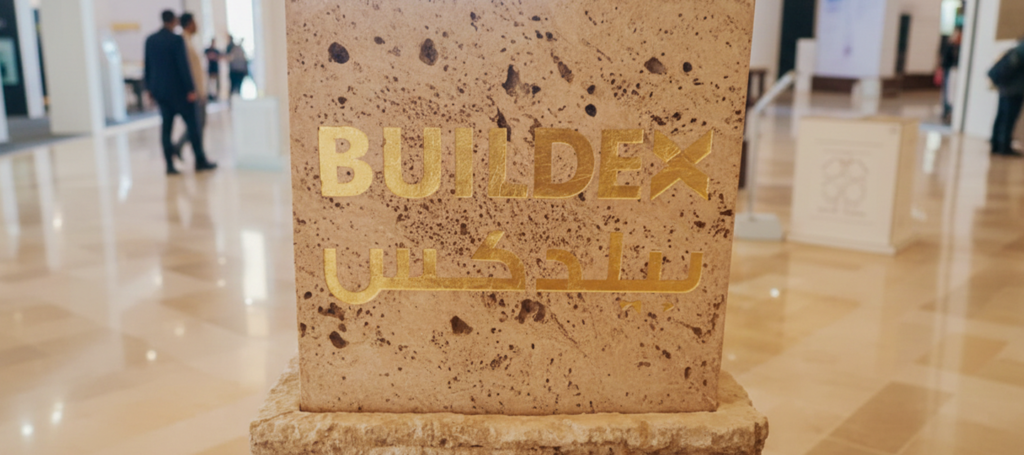
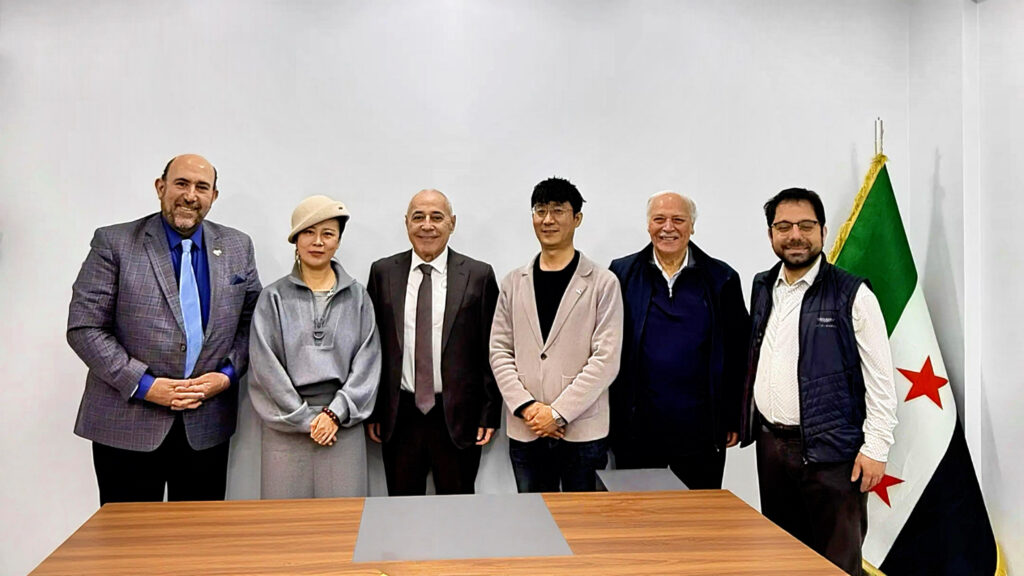
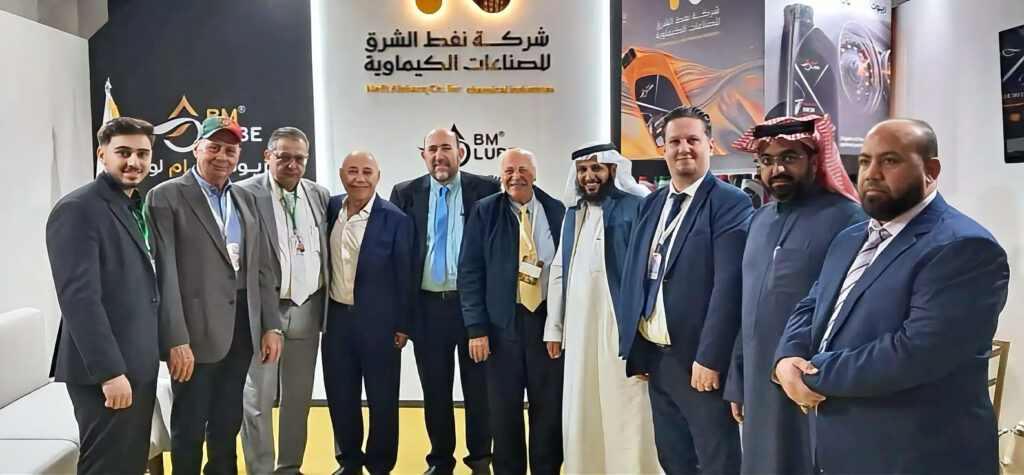

Our Business Setup Services
Support Investors at Every Step within Syria
Comprehensive Legal and Administrative Support
Network
Marketing
Through Partnerships
Solutions
Recent Activities & Events
Currency Change in Syria: Full Details
An analytical overview that sheds light on the issue of currency change in Syria and its economic background, helping to understand the potential impacts on the market and the overall economy.
Investment in the oil sector

AZURITE LLC
The company invests in oil, energy, mineral resources, and oil logistics; information automation and archiving; digital transformation and e-services; and the design and development of software programs and applications.
We provide consulting and scientific studies, represent local, Arab, and foreign companies, and imports and exports all legally permissible materials.
Maharat Holding
Maharat Holding is a self-funded national initiative in Syria, currently being developed to build skilled human capital for the energy, construction, and industrial sectors. The initiative integrates training, employment support, logistics, and safety services into a sustainable system. Through its upcoming specialized training centers, technical hotel, field camps, and workforce department, Maharat delivers practical programs aligned with international standards, bridging the gap between education and real job opportunities.

Launch your business in Syria quickly and cost-effectively
with Syrex
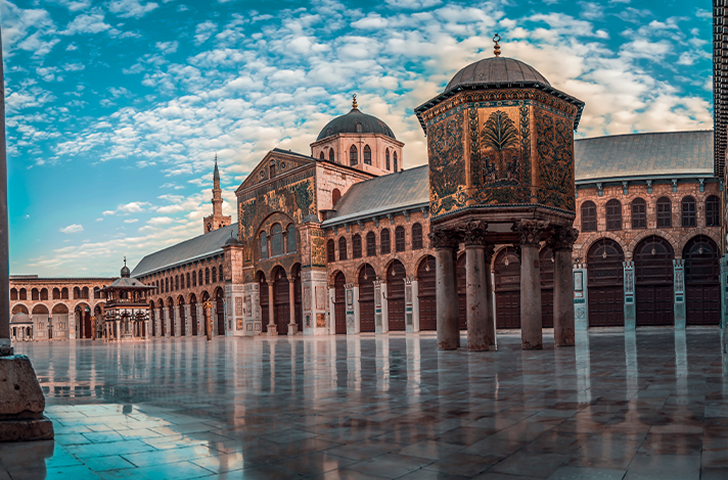
Our Vision
We seek to create strategic partnerships that provide investors with a safe investment environment, delivering economic and social returns that contribute to the development of Syria and strengthen the national economy.



Our Message
Syrex’s mission is to drive reforms, support reconstruction, and empower the Syrian economy to actively shape a prosperous and sustainable future for the nation.
How to Start a Business in Syria: A Complete Guide
Discover essential requirements, legal processes, and insider tips to launch your venture successfully
Frequently Asked Questions
We provide simple explanations for your key inquiries.
What investment opportunities are currently available in Syria’s reconstruction and development sector?
The reconstruction and development sector in Syria represents a rich field of investment opportunities, with diverse projects in transportation, infrastructure, housing, education, health, energy, tourism and agriculture involving local, Arab, and foreign companies to promote investment and economic growth.
How can a foreign company register and operate legally in Syria?
To legally register and operate a foreign company in Syria, the company must be registered with the Ministry of Economy and Foreign Trade, choose an appropriate legal entity such as a limited liability company or a branch of a foreign company, obtain the necessary licenses from the competent authorities, then open a local bank account and register with the tax and social insurance authorities, while complying with local tax and labor regulations.
What restrictions or limitations exist for foreign investors in Syria?
Most general sanctions on investment in Syria have now been lifted, but restrictions remain on certain individuals and sensitive sectors such as energy and security firms, with special approvals required for property ownership and strategic projects. Local laws also impose limits on ownership shares in certain sectors (such as banking) and require investors to obtain licenses and comply with tax and labor regulations.
The superior investment committee has the authority to grant exceptions depending on the size of the investment required and the positive impact of this investment especially in creating jobs and upskilling the labor force.
Can foreign and local investors form joint ventures in Syria?
The law permits joint ventures between foreign and local investors, offering an effective way to reduce risks and enter the Syrian market smoothly. Syrex can assist the investor in choosing the right partner through its extensive and trustworthy network.
What legal and regulatory frameworks govern business operations in Syria?
Business operations in Syria are governed by investment laws and the Commercial Companies Law, along with implementing regulations and the guidance of the Ministry of Economy and Foreign Trade. Investors can choose to resolve conflicts in Syrian courts or outside the country. The new laws are simple, fair and transparent.
What types of company structures are available for foreign investors, and which is most suitable?
Foreign companies in Syria can choose structures such as a limited liability company, a branch, or a representative office, with a branch or a limited liability company being the most suitable for most business activities. A company can be owned by a single individual or multiple partners. Syrex has a team of legal consultants with expertise in all areas, including commercial, real estate, and banking contracts, who comply with the latest laws and are fluent in both English and Arabic.
Are there tax incentives or exemptions for foreign investors in Syria?
The new government led by the finance minister, Dr Mohammed Yisr Barnieh and his competent partner, the Syrian Central Bank Governor Dr Abdulkader Husrieh and their teams are committed to create an investment climate that attracts investors weather they are Syrians or foreigners. Their vision is a tax system that is simple, fair and transparent and is based on seamless collection of data through a digital platform.
Corporate tax shall be different from one sector to another with many sectors completely tax free such as the agriculture sector and related food processing industries. Tax deductions for charitable contributions shall be implemented as well as tax incentives for Corporate Social Responsibility initiatives or for investing in areas that were neglected in the past such as Southeastern Syria, certain areas in the governate of Aleppo, Homs, Hama, Sweda and the Syrian coast. Any company that exports more than 50% of its products shall have an 80% deduction of its tax liabilities.
There shall be no tax on individuals who are earning less than 1200 USD per year. A minimal VAT system shall be introduced gradually to create a culture of trust and tax compliance.
The burden of proof of tax evasion is on the collector and not the taxpayer. Court proceedings shall be fair.
What protections exist for foreign investors under Syrian law?
Syrian law protects foreign investors from unfair expropriation, ensures the free transfer of profits and capital abroad, and guarantees non-discrimination between them and local investors.
Get in Touch with us
Chat to Support
Chat to our staff 24/7 for instant access to support
Locations
Syria – Damascus – Al Mazzeh District
Syria – Aleppo – Al Mohafaza District
Syria – Homs – Dablan District
UAE – Dubai – Marina Plaza
London – Kensington – 239 Kensington High Street
Türkiye – Istanbul – Vadistanbul Teras Evleri
Canada – Ontario






